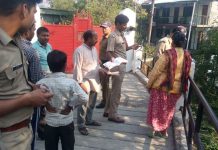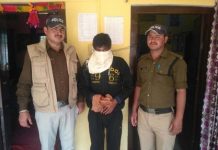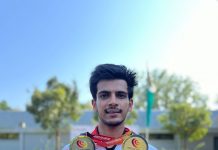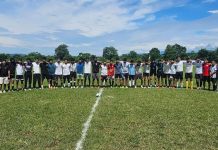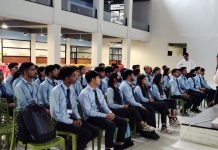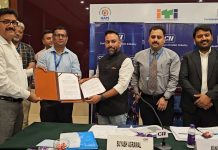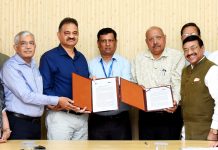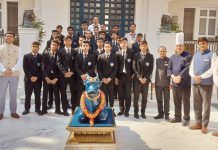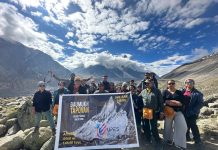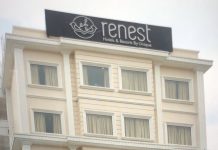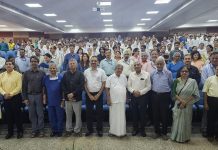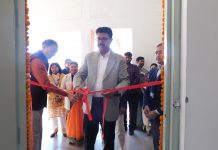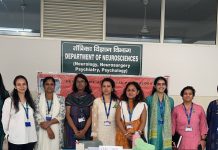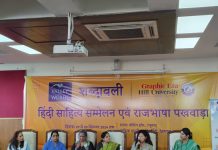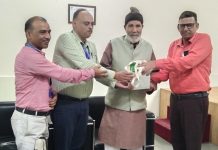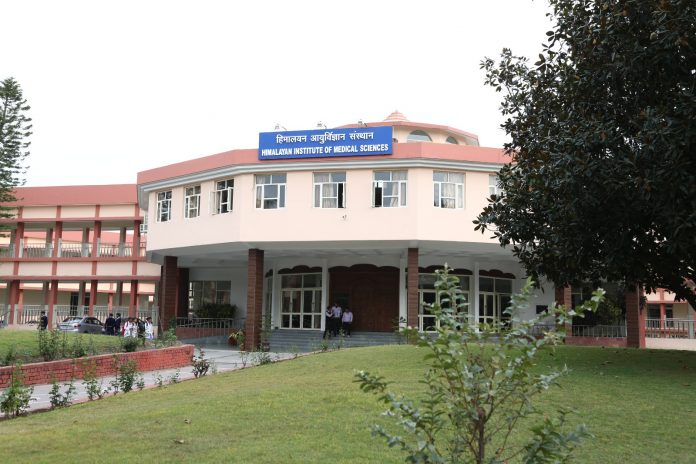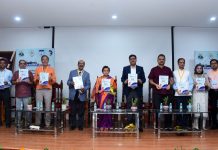Dateline Dehradun: Himalayan Institute of Medical Sciences, Swami Rama Himalayan University Dehradun has initiated a stress management program for Postgraduates medical students and medical faculty.
The first interactive lecture was organised on 4th May, 2024 with Dr. Priyaranjan Avinash, Prof. & Head of Psychiatry, as speaker, while the second was organised on 13th May 2024.
Dr Avinash started his talk by first defining “Stress” and emphasising that it is rampant and each one of us face it differently based on our ability to handle it. Chronic stress can cause many physical symptoms such as excessive fatigue, palpitation, headache, insomnia, irritability, poor memory and concentration he underlined. He further explained how long term stress in medical education and healthcare can lead to burn out, addiction, depression and suicide amongst health care workers. At the end of his discussion, he enlightened all with easy activities of managing stress that can be incorporated routinely, including:
– Assertiveness
– Breathing exercises
– Maintaining routine
– Sleep hygiene
– Proper diet & exercises
– Social connectedness
– Yoga & Meditation
– Journaling
– Spirituality etc.
Prof. Ashok Deorari, Principal of Himalayan Institute of Medical Sciences, shared his pearls of wisdom and past experiences. He emphasised upon the role of exercise, regular walking, avoiding addictions and adopting good hobbies. He concluded by saying ‘that a healthy body only, can have a healthy mind’ that means physicians must keep themselves healthy first, to treat their patients effectively.
Prof. Renu Dhasmana, Vice Principal (Administration) of Himalayan Institute of Medical Sciences, focused on the role of proper diet and adequate rest in students and faculty for dealing with stress. She also conducted an interactive session involving all the faculties and students, and encouraged them to share their suggestions, give feedback and ideas for the same.
The program will in future include small group exercises including breathing exercises and deep relaxation.













